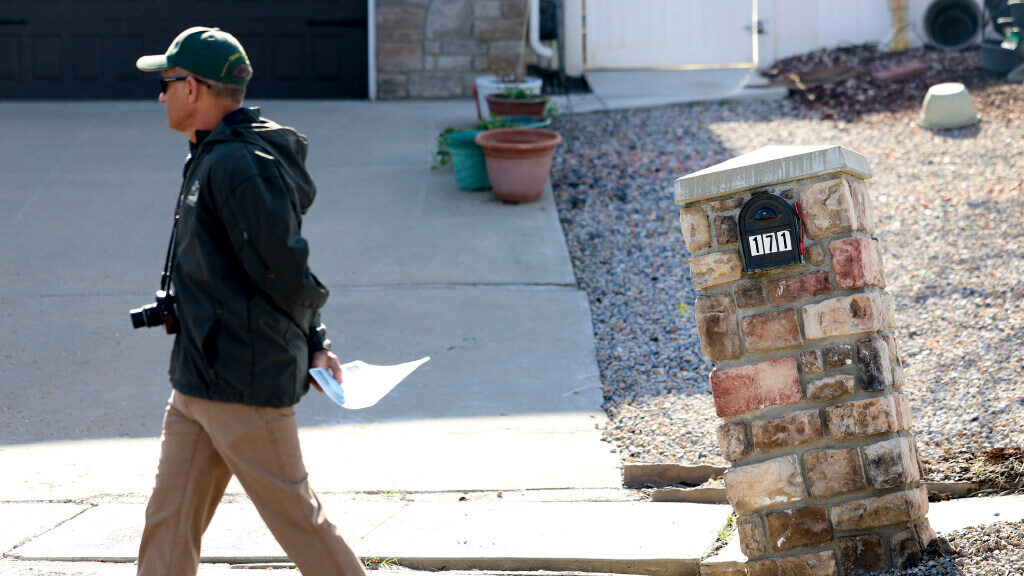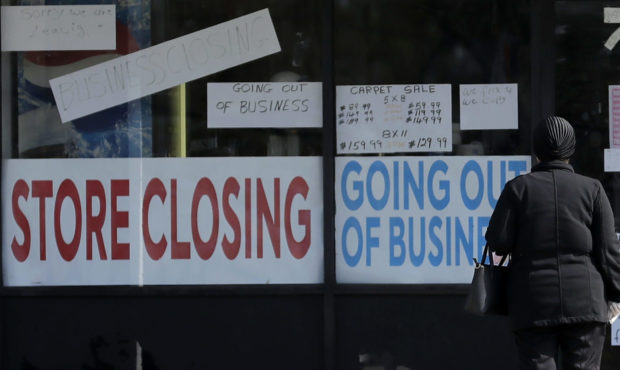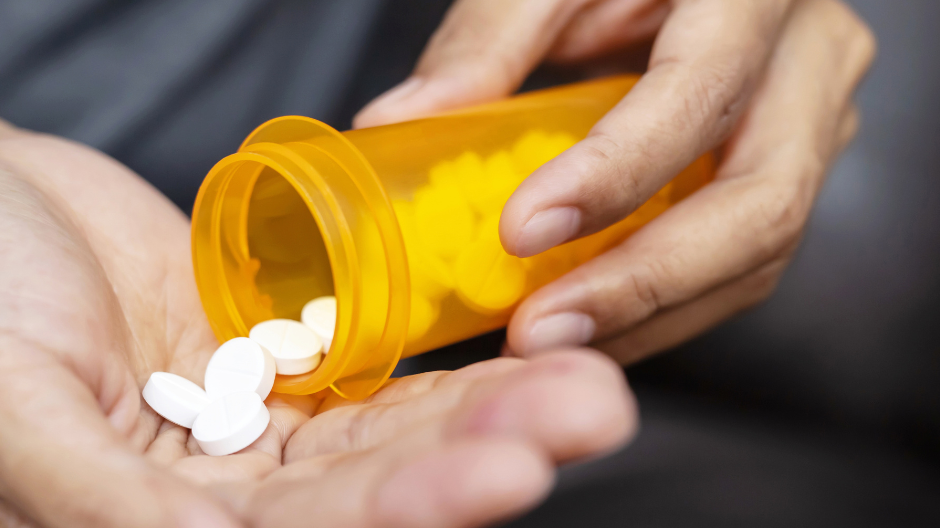Making sure you have your medications in an emergency
May 11, 2022, 5:00 AM | Updated: Jun 17, 2022, 10:11 am
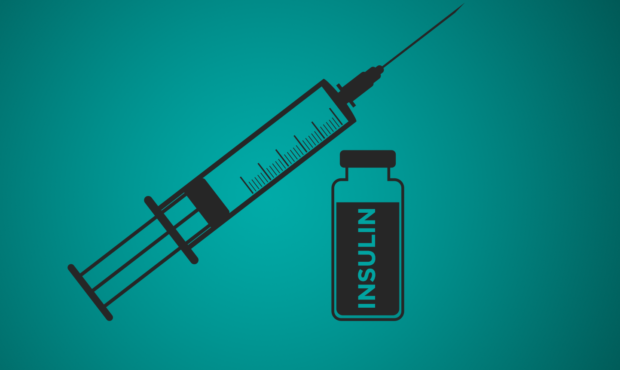
Part of your emergency planning should include having special medication on hand in case you have to leave your home. (Graphic Getty Images, Composite Colby Walker)
(Graphic Getty Images, Composite Colby Walker)
SALT LAKE CITY — If you or a family member needs special medications, part of your emergency planning should be how to keep a supply on hand if you have to leave your home. There are all kinds of regular medications you or a family member might need, from ordinary pills to drugs like insulin that require refrigeration. A little forethought and planning can help you bring along what you need if you have to leave your home.
Medications in an emergency
In an emergency, the information you have about your medications becomes just as important as the medications themselves.
Many people sort out a week’s worth of medication in a “pill minder,” but Trudy Thompson Shumaker, a disaster nurse volunteer with Red Cross, said you can’t just grab that and head out the door.
“That’s not enough if you have to have to leave your home. You need to grab the bottle, y’know, the medications that are in the bottle with the prescription number on them, because you may be out of your home longer than what you’ve got in that pill minder,” Shumaker told KSL NewsRadio.
Keep a list
It’s also a good idea to keep a complete list of your medications including the name of each drug, the dosage and the prescription number.
Kavish Choudhary, chief pharmacy officer for University of Utah Healthcare, said a great place to keep all that is on your smartphone.
“Having all that information in one place is huge. It makes things so much easier if you’re trying to piece things together. Again, ideally, you have those medications with you, have the physical stuff, but you may run out, ” he said.
Choudary said one way to build up an emergency supply of drugs you use regularly is to order a three-month supply of refills if your insurance company allows it.
“So your diabetes medication, your hypertension, et cetera. Many of those medications, you can get a three-month supply at once. As patients get their medications filled, have them ask their pharmacy, ‘Can I get a three-month supply?’ And often it may be cheaper to do that,” Choudhary said.
Some pharmacies, especially mail order providers, prefer filling prescriptions three months at a time. That can save money if the drug is covered by insurance because only one co-pay is required instead of three.
Refrigeration
As for drugs that require refrigeration, insulin is a special case. It’s OK without refrigeration for a few days, but it shouldn’t freeze or be left in a hot car. (Dr. Choudhary recommends keeping an empty cooler so you can put those drugs in it if you have to leave the house.) Utah is also one of the states that has implemented Kevin’s Law, which requires a licensed pharmacy to provide a temporary supply of insulin even without a prescription.
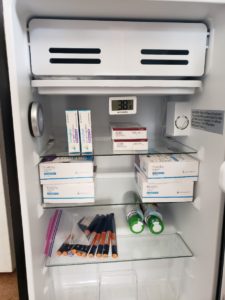
Insulin is best kept refrigerated, but it can be kept at room temperature for several days if needed. (Photo: Dan Bammes)
For that and other needs, the Red Cross’ Shumaker said their volunteers are ready to help.
“If you have lost or been separated from your meds, or your medical equipment, maybe a breathing machine, maybe a wheelchair, maybe a cane or a pair of crutches, the Red Cross can help you when that occurs. And the Red Cross pays for it.”
Oxygen
If you or a family member use oxygen or other durable medical equipment, Alpine Home Medical President Scott Maughan said you need to plan ahead for what to take with you in an emergency.
“It’s also important to always have at least one oxygen tank full at any given time. So that, if there is an emergency, you can grab that cylinder or all those cylinders and have at least one of those that’s full and ready for you on a moment’s notice. Kinda similar to keeping your gas tank at least half-full on your car,” he said.
As with every aspect of emergency preparedness, making sure necessary medications are available requires thought and planning in advance. The payoff is that you’ll know what to do when the moment arrives.
For more information or tips, visit the Be Ready Utah website.





